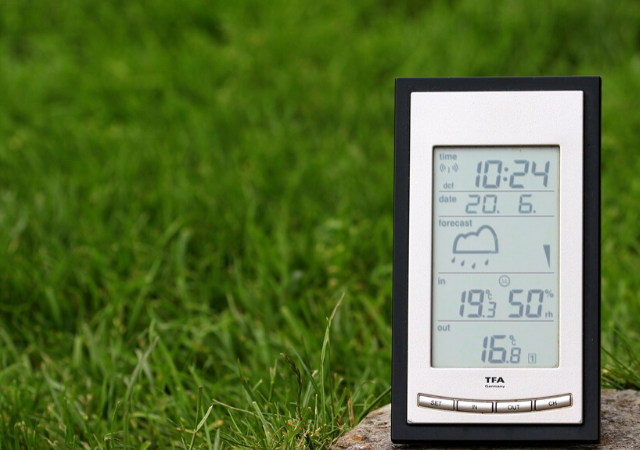Reliable weather forecasts and outlooks can make all the difference when it comes to being prepared for tropical storms and hurricanes. The science of meteorology is rapidly advancing and this has resulted in more detailed forecasting that offers greater insights into weather events. Weather forecasting itself is a detailed process that includes the collection and observation of raw data. This data is gathered from several sources.
Generally, people tend to rely on various sources for tropical weather news and information. These sources include the media which by extension may include websites, blogs and social media. In recent times, weather information has increased in accuracy and frequency, which benefits the users of the information. The American Press Institute suggests, through its research, that people are more comfortable with news organizations that provide factual information, up to date news and utilise various mediums to provide information that they are looking for.
Forecasts and Outlooks
To provide reliable forecasts and outlooks, meteorologists rely on computer models. The issue of reliability is something that we are reminded of with the formation of each tropical storm. If you follow weather sites, you will often hear them say that they have used several models to see the potential path of a storm. However, because there are so many models, there is always a margin of error in the forecasts.
However, forecasts and outlooks are very important because they provide information about the tropical weather system as it moves closer to the area. The World Meteorological Organisation has defined meteorological forecasting ranges, which range from nowcasting to seasonal outlooks. Nowcasting describes “current weather forecasting” where a weather event may occur anytime between 0 and 2 hours from the current time. Seasonal outlooks are average weather values for a particular period of time, usually referred to as a season.
Short-Term Weather Forecasts
Short term weather forecasts provide a more immediate outlook of what weather can be expected in the short term. The National Weather Service states that the main purpose of the short term forecast is to “provide users with a concise, non-technical short term forecast of ongoing weather conditions.”
Medium-Term, Seasonal & Long-Term Outlooks
Medium term forecasts, seasonal forecasts and long-term forecasts are even more complex than creating short term forecasts. Many websites and companies often predict what weather is likely to occur at some time in the future. But, there is always the possibility for weather expectations to deviate. This often causes some frustrations among weather watchers and enthusiasts, especially during the tropical storm season.
How to Find Reliable Weather Forecasts and Outlooks
When looking for the latest tropical weather links, you may come across some sources that are not reliable. Tracking tropical weather is no joke, so you must ensure that you have the most reliable tropical weather sources which provide information that you can depend on. Sources may be classified as either domestic or international, but they are both valuable for providing weather forecasts and outlooks.
Domestic Weather Sources
These domestic news sources are tropical weather experts that provide information specific to your geographic location. The larger cable network stations have smaller local affiliates who report specifically on the regions that they cover. These smaller organisations may have on-staff weather professionals, who are capable of analysing data and providing sound opinion. Some of them may rely on the data collected by their parent organisations.
International Weather Sources
In addition to providing weather information for the United States, these international news sources are of great benefit for those living in other countries. For residents outside of the United States of America; specifically those in the Caribbean, Central America and South America and other areas which may be affected by tropical weather systems; the sources provide helpful weather information that’s free and easily accessible. Similarly, to the domestic weather sources, these international agencies will have trained and knowledgeable weather professionals who can analyse data and provide solid analyses.
References:
Britannica: Principles and Methodology of Weather Forecasting
World Meteorological Organisation: Definitions of Meteorological Forecasting Ranges
Penn State College of Earth and Mineral Sciences: A World of Weather
NOAA Climate.gov: Weather Forecasts Versus Climate Outlooks: What’s the difference?
Precision AG: Weather Forecasting: How Does It Work, and How Reliable Is It?






